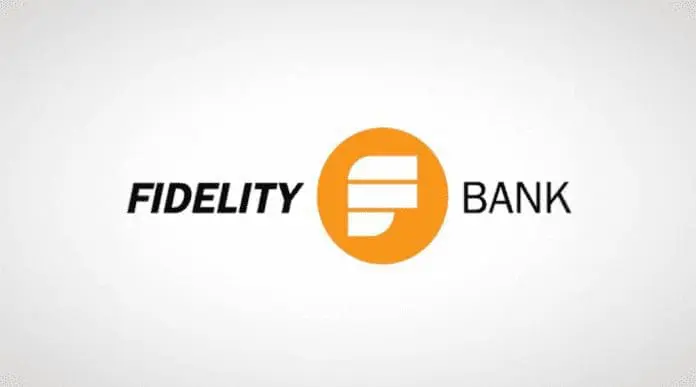By Ghana News
Copyright ghanamma

Ghana’s power sector needs sustainable financing models, not just emergency fixes, if it’s to break free from a debt trap that’s now exceeded $3 billion and threatens the country’s industrial future.
Fidelity Bank made the case at an energy roundtable held Wednesday as a prelude to this month’s Ghana Economic Forum, with the bank’s Deputy Managing Director arguing that commercial lenders must move beyond traditional project financing to become strategic partners in reshaping the sector.
Atta Yeboah Gyan, who heads Operations and Support Functions at the bank, said legacy debts and structural inefficiencies have created a vicious cycle where obligations grow faster than investment. The result is a financially distressed system that can’t sustain industrial expansion or support Ghana’s economic recovery ambitions.
The power sector’s troubles run deep. Despite progress in diversifying the energy mix to include gas, thermal and renewable sources, the industry remains constrained by poor revenue collection, misaligned tariffs, and policy uncertainty. These challenges have pushed total energy sector debt to $3.1 billion as of March 2025, with obligations spread across independent power producers, state enterprises, and fuel suppliers.
Short term solutions like the Energy Sector Levy Act bonds have provided breathing room, but they haven’t addressed the fundamental financial instability plaguing the industry. What’s needed instead, Gyan argued, is a coordinated approach combining fiscal discipline, policy alignment, and meaningful private sector participation.
Fidelity Bank’s already moving in that direction. The lender has rolled out renewable asset finance products designed to help businesses and households adopt solar and hybrid systems. It’s also exploring green financing, blended capital structures, and environmental, social and governance linked instruments to close the funding gap for renewable energy projects.
The bank’s sustainable finance framework represents a shift in how commercial lenders engage with Ghana’s energy challenges. Rather than simply financing projects, Fidelity wants to help design solutions that balance investment risks with developmental goals, a partnership model that could attract the long term capital the sector desperately needs.
Cost reflective tariffs remain critical to making that vision work. Realistic pricing frameworks are essential for attracting patient capital from both domestic and international investors, but tariff adjustments have long been politically sensitive in Ghana. Without them, however, the sector will struggle to generate the revenues needed to service existing debts while funding new capacity.
Technology offers another path forward. Digitization and smart metering across the electricity value chain could dramatically reduce revenue leakages and improve collection efficiency, two persistent problems that have contributed to the sector’s financial woes. Strong governance and accountability must underpin these efforts, ensuring that every cedi invested delivers measurable value and lasting impact.
Ghana’s growing population and industrial ambitions make energy stability central to its economic transformation. Power generation currently accounts for about 65 percent of total costs in the country’s electricity system, and without corrective action, cumulative sector deficits could balloon beyond $9 billion by 2026, according to government projections.
The Finance Ministry’s already acknowledged the scale of the challenge. In June, it introduced a one cedi energy sector levy aimed at raising funds to tackle an estimated $3.7 billion in outstanding arrears. But taxation alone won’t solve structural problems that have built up over decades of underinvestment and policy missteps.
What’s required is greater collaboration among government agencies, regulators, and financial institutions to ensure reforms go beyond emergency interventions. The goal, as Gyan framed it, must be transforming a sector defined by debt and dependency into one characterized by reliability and resilience.
The energy roundtable, themed “Powering Ghana Forward: Strategizing for a Self Sustaining and Resilient Power Sector in 10 Years,” brought together stakeholders to chart a path toward that future. The discussions will inform broader policy debates at the Ghana Economic Forum later this month.
For Fidelity Bank, supporting Ghana’s transition toward a cleaner, financially sustainable energy system isn’t just corporate responsibility. It’s recognition that a stable power supply is essential to unlocking the productivity, investor confidence, and economic growth the country needs to compete regionally and globally.
The bank’s commitment reflects a broader understanding among Ghana’s financial institutions that the energy crisis can’t be solved by government alone. Commercial lenders, with their capital and expertise, have a role to play in designing innovative financing structures that can finally break the cycle holding the sector back.
Whether those efforts succeed will depend on political will, regulatory clarity, and a willingness to make tough decisions on tariffs and governance. But the alternative, continued reliance on temporary fixes and mounting debt, offers no path toward the reliable, affordable power Ghana’s economy demands.